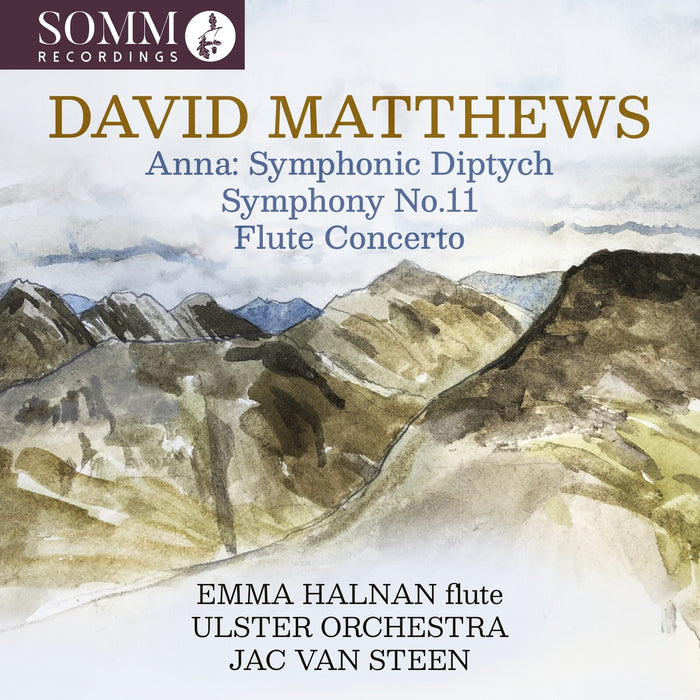Description
January 2026 marks the 75th anniversary of The Elgar Society, which has, since the late 1990s, offered its invaluable support to SOMM Recordings for new and archival releases of Elgar's works. In celebration, SOMM is releasing this month Vol. 1 of Edward Elgar from the Archives. The release offers "acoustic" recordings of Elgar's Enigma Variations conducted by the composer in 1920 and by Sir Henry Wood in 1924. Also included--abridged, in order to fit onto the original disc sides--is a 1919 recording of Elgar's Violin Sonata featuring the virtuoso, Marjorie Hayward, a fellow of the Royal Academy of Music, and the Australian pianist, Una Mabel Bourne. The London String Quartet, founded in 1908, is featured in an abridged version of Elgar's String Quartet, which they recorded in 1921. Elgar's recording of the Enigma Variations, the Violin Sonata, and the String Quartet are all remastered premiere recordings. Before the microphone made its appearance in 1926, and revolutionized the technicalities of the recording industry through "electrical" recordings, musical performances were captured by "acoustic" recordings. Jutting from the wall in front of the players was a recording horn that was wound in tape to attenuate the "tinny" sound and reduce vibration. On the other side of the wall was a diaphragm, which transmitted the vibrations captured by the horn to a stylus positioned via a gimbal mechanism over the wax disc to be cut. The recordings on this release demonstrate the skill of the forgotten engineers from that era and show how they learnt by experience. Their skill has been realized for modern ears by the musician and master recording engineer of historic reissues, Lani Spahr,whose Elgar Remastered [SOMMCD 261-4] was described as a "vivid new transfer" by GramophoneMagazine when it was named their Historical Choice for Elgar's Symphony No. 1. Elgar and Richard Strauss were the first major composers to take the recording of their music seriously, and the Enigma Variations was Elgar's most substantial piece in his ten years of making recordings. This present performance with the Royal Albert Hall Orchestra was recorded at the HMV Studio, London, in three sessions: February and November 1920 and May 1921. Four years later, Sir Henry Wood conducted the New Queen's Hall Orchestra for Columbia. These two "acoustic" recordings, which bookend the Violin Sonata and the String Quartet on this release, offer a fascinating comparison. Wood's interpretation is marginally quicker overall and, as Lani Spahr points out, "the two orchestras sound to be about the same size but the balances are different and more forward in the Wood. Recording techniques had improved greatly in the four years between the Elgar sessions and when Wood recorded his Elgar set".







